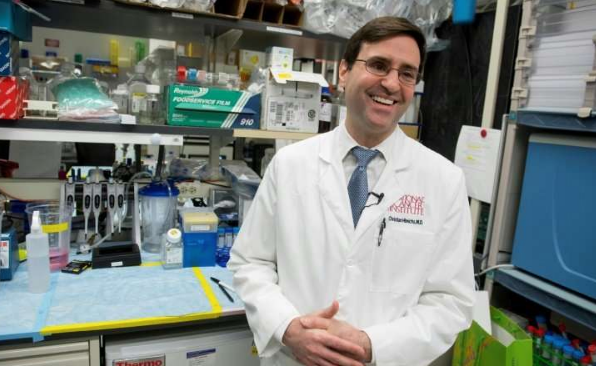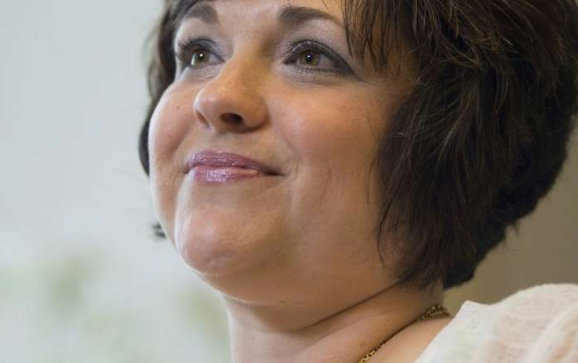Cervical cancer is one of the most common gynecological malignancies. According to the World Health Organization, there are 500,000 new cases of cervical cancer every year. About 200,000 women die of cervical cancer every year. There are about 131,000 cervix in China every year. New cases of cancer account for 28.8% of new cases worldwide. In recent years, the incidence and mortality of cervical cancer have shown a younger trend. The incidence of women under 35 years of age has increased significantly, and its incidence has increased from 5% to 10%, accounting for about one-third of the new cases.
At this stage, the treatment of cervical cancer will be based on clinical stage, patient age, fertility requirements, general condition, medical technology level and equipment conditions, etc., and appropriate individualized treatment plans will be developed, supplemented by surgery and radiotherapy, supplemented by chemotherapy. The comprehensive treatment program, recently, has been shown in a variety of cancers with strong anti-cancer effects of immunotherapy in the treatment of cervical cancer.
A few days ago, American researchers successfully used immunotherapy to completely cure a cervical cancer patient and have not relapsed for 5 years. This is the first case in the world to use immunotherapy to cure cervical cancer.

Sue Scott
It is understood that the cured cervical cancer patient from the United States, named Sue Scott, 36 years old, before the immunotherapy, Scott has had multiple rounds of chemotherapy, radiotherapy and surgery, but failed, Scott's cancer spread Very quickly, it has invaded her liver and colon and squeezed her ureter.
Subsequently, Scott participated in an immunotherapeutic trial conducted by the National Institutes of Health Clinical Center (one of the world's most important research institutions in life science research), in which doctors surgically removed some of her tumors. And the immune T cells were isolated, and then the researchers engineered and expanded these tumor infiltrating lymphocytes (TIL) and reinfused them into an immune army, targeting cancer cells and eventually killing the cancer cells.
The results of the trial were unexpected. After a few months, Scott's tumor completely disappeared. In March 2018, she celebrated the fifth anniversary of cancer rehabilitation. The doctor told her that her cancer had been completely cured.
Christian Hinrichs, principal investigator of the National Cancer Institute, said: "We got this gene sequence from Scott. Now, we can put it in anyone's cells and make them attack cancer cells in the same way. This is a special Amazing news.

Christian Hinrichs, Principal Investigator, National Cancer Institute
It is also known that in the same group of trials that Scott participated in, a 41-year-old mother, Aricca Wallace, also successfully passed the 5-year survival period. However, the treatment of 16 women patients failed.

Aricca Wallace, she is now the mother of two children.
In order to clarify the above results, the research team led by Hinrichs once again studied the cells injected into Scott and Wallace. The researchers found that these cells did target HPV, but in the case of Wallace, most of the T cells. Focusing on destroying the abnormal proteins characteristic of her tumors, in Scott's case, about two-thirds of T cells are targeted to another target, the KK-LC-1 protein, which is also in other common tumors. Expression, such as triple negative breast, some gastric cancer, non-small cell lung cancer.
As a result, the researchers discovered a new target, and the Hinrichs team hopes to develop a clinical treatment for tumors expressing the KK-LC-1 protein within a year.
FOSHAN PHARMA CO., LTD. , https://www.foshanpharma.com